Home>Home Appliances>Heating & Cooling>Why Is Central Heating Not Working
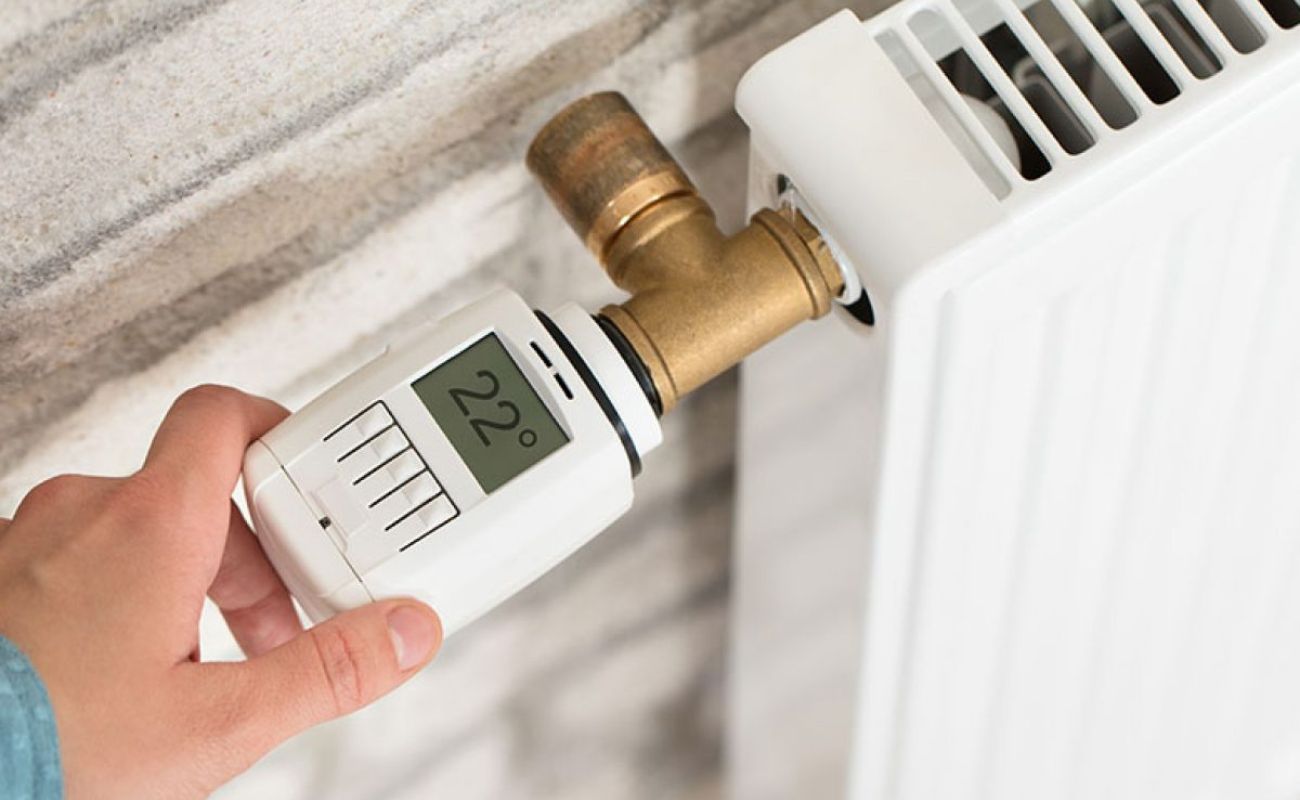

Heating & Cooling
Why Is Central Heating Not Working
Published: February 14, 2024
Discover common reasons why your central heating system may not be working and how to troubleshoot the issue. Get expert tips on heating and cooling maintenance.
(Many of the links in this article redirect to a specific reviewed product. Your purchase of these products through affiliate links helps to generate commission for Storables.com, at no extra cost. Learn more)
Common Central Heating Problems
Central heating systems are essential for maintaining a comfortable and cozy indoor environment, especially during the colder months. However, these systems can encounter various issues that disrupt their functionality. Understanding the common problems associated with central heating is crucial for homeowners and tenants to ensure prompt resolution and uninterrupted warmth in their living spaces.
Here are some of the most prevalent central heating problems:
-
Thermostat Malfunctions: A malfunctioning thermostat can lead to erratic temperature control and inconsistent heating. This issue may arise due to dead batteries, faulty wiring, or sensor problems. As a result, the heating system may fail to respond to temperature adjustments, leading to discomfort and energy wastage.
-
Boiler Failures: The boiler is the heart of a central heating system, responsible for heating water and circulating it through the radiators. Boiler problems, such as low pressure, ignition failures, or leaks, can disrupt the entire heating process, causing a lack of warmth in the living spaces.
-
Radiator Issues: Radiators play a pivotal role in distributing heat throughout a building. When air becomes trapped within the system or the radiator valves malfunction, the radiators may fail to heat up adequately, resulting in uneven heating or complete cold spots in certain areas.
-
Insufficient Insulation: Inadequate insulation in the walls, floors, or attic can lead to heat loss, making it challenging for the central heating system to maintain a consistent and comfortable indoor temperature. Poor insulation not only affects the efficiency of the heating system but also contributes to higher energy bills.
Identifying and addressing these common central heating problems in a timely manner is essential to ensure a warm and comfortable living environment. Regular maintenance, prompt repairs, and professional servicing can help mitigate these issues, ensuring that the central heating system operates efficiently and reliably, even during the coldest days of the year.
Key Takeaways:
- Don’t Freeze! Keep an Eye on Your Thermostat
A malfunctioning thermostat can lead to inconsistent heating. Regular checks, battery replacements, and smart thermostats can help maintain a cozy indoor temperature. - Love Your Boiler, It Loves You Back
Boiler problems like low pressure and leaks can disrupt heating. Regular servicing and prompt repairs can ensure a warm and comfortable living space.
Read more: Central Heating Radiators: How They Work
Thermostat Issues
A malfunctioning thermostat can significantly disrupt the functionality of a central heating system, leading to discomfort and energy inefficiency. When the thermostat fails to operate correctly, it can result in erratic temperature control, inconsistent heating, and unnecessary energy consumption. Understanding the potential issues associated with thermostats is crucial for homeowners and tenants to effectively troubleshoot and resolve these problems.
One of the most common thermostat issues is related to dead or failing batteries. When the batteries in a thermostat run out of power, the device may cease to function, leading to a loss of temperature control. This can result in the heating system failing to respond to temperature adjustments, causing discomfort and inconvenience for occupants. Therefore, regularly replacing the batteries in the thermostat is essential to ensure uninterrupted functionality.
Furthermore, thermostat malfunctions can also stem from faulty wiring or sensor problems. Wiring issues can disrupt the communication between the thermostat and the heating system, leading to inaccurate temperature readings and improper heating cycles. Similarly, sensor problems can cause the thermostat to inaccurately detect the ambient temperature, resulting in inadequate heating or unnecessary energy consumption.
To address thermostat issues effectively, homeowners and tenants should consider conducting regular checks and maintenance. This includes ensuring that the thermostat is free from dust and debris, verifying the integrity of the wiring connections, and calibrating the temperature sensors if necessary. Additionally, consulting a professional heating technician for periodic thermostat inspections and servicing can help identify and resolve potential issues before they escalate.
In some cases, upgrading to a programmable or smart thermostat can offer enhanced functionality and energy-saving features, providing more precise temperature control and scheduling options. These advanced thermostats can optimize heating cycles based on occupancy patterns and external weather conditions, contributing to improved comfort and energy efficiency.
By understanding and addressing thermostat issues proactively, homeowners and tenants can ensure that their central heating systems operate reliably and efficiently, maintaining a comfortable indoor environment while minimizing energy wastage. Regular maintenance, prompt battery replacements, and professional servicing are essential practices to mitigate thermostat-related problems and optimize the performance of the central heating system.
Boiler Problems
Boilers are the heart of central heating systems, responsible for heating water and circulating it through the radiators to provide warmth throughout a building. However, various issues can arise with boilers, disrupting their functionality and causing discomfort for occupants. Understanding the common boiler problems and their potential causes is essential for homeowners and tenants to address these issues promptly and ensure uninterrupted heating during the colder months.
One prevalent boiler problem is low pressure, which can lead to inadequate heating and hot water supply. Low pressure often results from water leaks within the system or the need for repressurization. When the boiler's pressure gauge indicates levels below the recommended range, it signifies a potential issue that requires immediate attention to restore optimal functionality.
Additionally, ignition failures can pose significant challenges for boilers, leading to a complete lack of heating. Ignition problems may stem from issues with the pilot light, thermocouple, or electronic ignition components. When the boiler fails to ignite, it disrupts the heating process, leaving the building without the necessary warmth, especially during cold spells.
Furthermore, leaks within the boiler system can result in water wastage, reduced heating efficiency, and potential water damage to the surrounding area. Identifying and addressing leaks promptly is crucial to prevent further complications and ensure the proper functioning of the central heating system.
Boiler noises, such as banging, whistling, or gurgling sounds, can indicate underlying issues within the system, including air buildup, kettling due to limescale deposits, or pump malfunctions. These noises not only disrupt the tranquility of the living space but also signify potential problems that require professional assessment and resolution.
Regular boiler servicing and maintenance are essential to prevent and address these common problems effectively. Professional heating technicians can conduct thorough inspections, clean internal components, and identify potential issues before they escalate. Additionally, homeowners and tenants should prioritize annual boiler servicing to ensure optimal performance and reliability throughout the heating season.
By understanding the potential boiler problems and their underlying causes, individuals can take proactive measures to maintain a functional and efficient central heating system. Prompt repairs, regular maintenance, and professional servicing are key practices to mitigate boiler-related issues and ensure consistent warmth and comfort within the living environment.
Check the thermostat to make sure it’s set to heat and the temperature is higher than the current room temperature. Also, check the circuit breaker to ensure it hasn’t tripped. If these don’t solve the issue, it may be time to call a professional.
Radiator Troubleshooting
Radiator issues can significantly impact the effectiveness of a central heating system, leading to uneven heating distribution and potential discomfort for occupants. Understanding the common problems associated with radiators and implementing effective troubleshooting measures is essential for homeowners and tenants to ensure consistent warmth throughout their living spaces.
One prevalent issue with radiators is the presence of cold spots, where certain areas within a building receive inadequate heating. This can result from trapped air within the radiator or the heating system, hindering the proper circulation of hot water and heat distribution. Bleeding the radiators to release trapped air is a fundamental troubleshooting step to address cold spots and restore uniform heating.
Inefficient or inconsistent heating from radiators can also stem from the accumulation of sludge or debris within the system, hindering the flow of hot water. Power flushing the central heating system, a process that involves cleaning the internal components and removing accumulated debris, can effectively resolve this issue, improving the overall performance of the radiators and the heating system.
Furthermore, malfunctioning radiator valves can impede the proper regulation of heat output, leading to temperature inconsistencies within the building. Checking and adjusting the radiator valves to ensure they operate smoothly and effectively can contribute to maintaining optimal heating levels and addressing potential temperature imbalances.
In some cases, radiators may emit unusual noises, such as clanking or gurgling sounds, indicating underlying issues within the system. These noises can result from air pockets, limescale buildup, or internal component malfunctions. Bleeding the radiators and conducting thorough system checks can help alleviate these noises and restore the quiet operation of the central heating system.
Additionally, ensuring that the radiators are not obstructed by furniture or curtains is essential to facilitate proper heat distribution. Blocked or covered radiators can impede the flow of warm air into the living space, leading to localized temperature variations and reduced heating efficiency.
Regular maintenance and periodic radiator inspections are crucial for identifying and addressing potential issues promptly. Professional heating technicians can conduct comprehensive assessments, perform necessary cleaning and adjustments, and provide recommendations for optimizing the performance of the radiators within the central heating system.
By implementing effective radiator troubleshooting measures, homeowners and tenants can maintain a comfortable and well-heated living environment, ensuring that the central heating system operates efficiently and reliably throughout the colder months. Prioritizing regular maintenance and addressing potential radiator issues proactively are key practices to optimize the performance and longevity of the central heating system.
Insufficient Insulation
Inadequate insulation within a building can significantly impact the efficiency and effectiveness of a central heating system, leading to heat loss, temperature inconsistencies, and increased energy consumption. Insulation serves as a crucial barrier against heat transfer, helping to maintain a comfortable indoor environment and reduce the workload on the heating system. When insulation levels are insufficient, the central heating system may struggle to sustain optimal temperatures, resulting in discomfort and higher energy bills for occupants.
One of the primary areas where insufficient insulation can pose challenges is within the walls of a building. Poorly insulated walls allow heat to escape, especially during the colder months, leading to a constant demand for heating to compensate for the heat loss. This not only strains the central heating system but also contributes to elevated energy consumption and associated costs. Addressing wall insulation deficiencies through the addition of insulation materials or retrofitting can significantly improve the overall energy efficiency of the building and reduce heat loss.
Similarly, inadequate insulation in the floors and ceilings can also lead to heat dissipation, making it challenging for the central heating system to maintain consistent warmth throughout the building. Cold floors and heat escaping through the ceiling can create discomfort for occupants and result in uneven heating distribution. Enhancing insulation in these areas can help minimize heat loss, improve thermal comfort, and reduce the reliance on the central heating system to maintain desired temperatures.
Furthermore, insufficient attic insulation can have a substantial impact on the overall energy efficiency of a building. Inadequate insulation in the attic allows warm air to escape, leading to temperature imbalances and increased heating demands. Upgrading attic insulation to recommended levels can effectively mitigate heat loss, enhance the building's thermal performance, and alleviate the strain on the central heating system.
Addressing insufficient insulation within a building requires a comprehensive approach, including conducting energy audits to identify areas of improvement, installing additional insulation materials, and sealing air leaks to prevent heat loss. Professional insulation assessments and upgrades can significantly enhance the energy efficiency of the building, reduce heating-related expenses, and contribute to a more sustainable and comfortable living environment.
By recognizing the impact of insufficient insulation on central heating systems and taking proactive measures to address these deficiencies, homeowners and tenants can optimize the performance of their heating systems, reduce energy consumption, and create a more comfortable and cost-effective indoor environment. Prioritizing insulation enhancements as part of overall energy efficiency initiatives can lead to long-term benefits, including improved thermal comfort and reduced environmental impact.
Read more: How Central Heating Works In The UK
Conclusion
In conclusion, central heating problems can significantly impact the comfort and functionality of a living space, requiring prompt attention and effective troubleshooting to ensure uninterrupted warmth and energy efficiency. From thermostat malfunctions and boiler issues to radiator troubleshooting and insulation deficiencies, the common challenges associated with central heating systems demand proactive measures and regular maintenance to mitigate potential disruptions.
Understanding the underlying causes of these problems and implementing appropriate solutions is essential for homeowners and tenants to maintain a comfortable indoor environment. Regular thermostat checks, battery replacements, and potential upgrades to programmable or smart thermostats can enhance temperature control and energy-saving capabilities, contributing to improved heating system performance.
Addressing boiler problems, such as low pressure, ignition failures, and leaks, requires diligent monitoring, prompt repairs, and annual servicing to sustain optimal functionality. By prioritizing boiler maintenance and addressing potential issues proactively, individuals can ensure consistent heating and hot water supply throughout the heating season.
Effective radiator troubleshooting, including bleeding, power flushing, and valve adjustments, is crucial for maintaining uniform heat distribution and addressing temperature inconsistencies within a building. Regular radiator inspections and professional maintenance can optimize the performance of the heating system, contributing to a well-heated and comfortable living space.
Furthermore, recognizing the impact of insufficient insulation on heating efficiency and thermal comfort underscores the importance of addressing insulation deficiencies within a building. Enhancing wall, floor, ceiling, and attic insulation through comprehensive upgrades and energy-efficient initiatives can significantly reduce heat loss, improve energy efficiency, and minimize the workload on the central heating system.
By proactively addressing these common central heating problems and prioritizing regular maintenance, homeowners and tenants can ensure that their central heating systems operate reliably and efficiently, even during the coldest days of the year. Embracing energy-saving practices, seeking professional servicing, and investing in insulation enhancements can lead to long-term benefits, including reduced energy consumption, lower utility costs, and a more sustainable living environment.
In essence, proactive maintenance, timely repairs, and a focus on energy efficiency are key elements in ensuring the optimal performance of central heating systems. By addressing common problems and implementing effective solutions, individuals can create a warm, comfortable, and cost-effective indoor environment, enhancing their overall quality of life during the colder months.
Frequently Asked Questions about Why Is Central Heating Not Working
Was this page helpful?
At Storables.com, we guarantee accurate and reliable information. Our content, validated by Expert Board Contributors, is crafted following stringent Editorial Policies. We're committed to providing you with well-researched, expert-backed insights for all your informational needs.
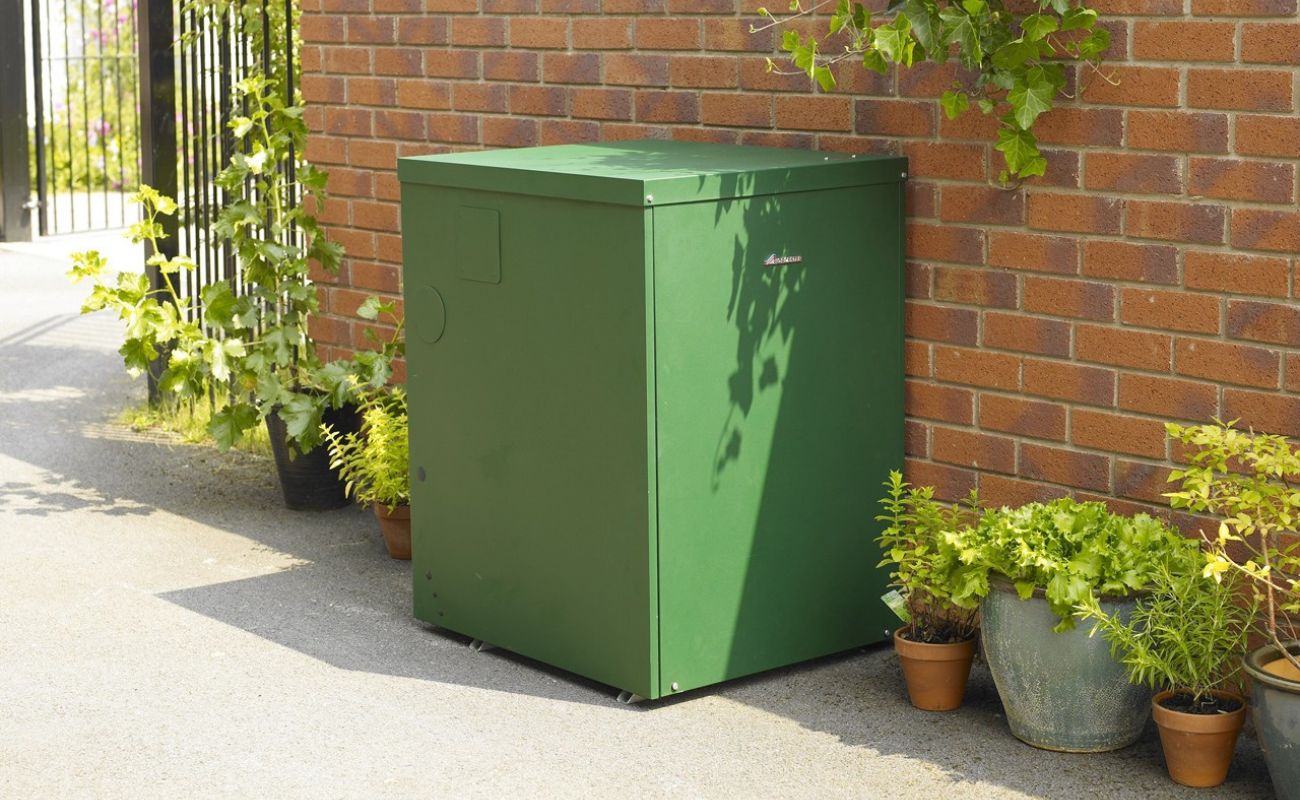
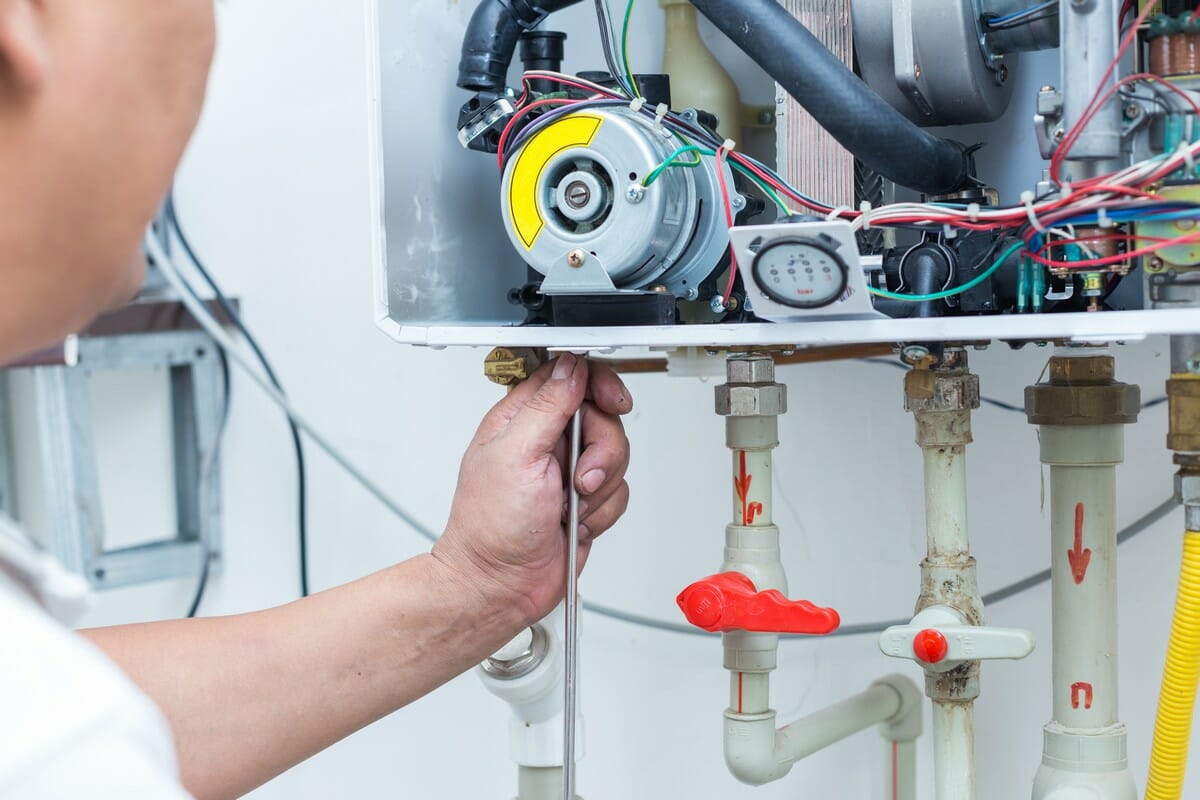
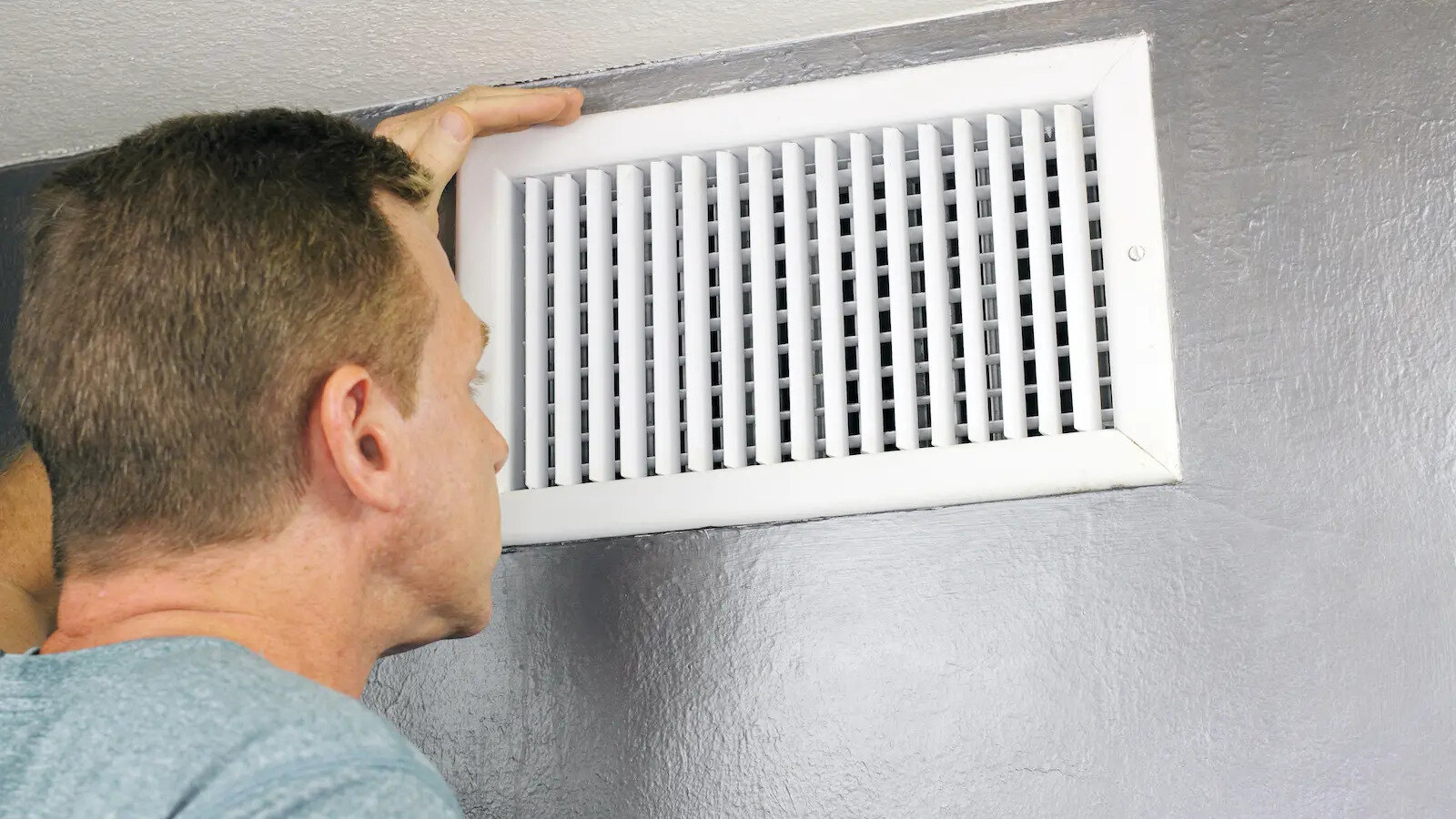
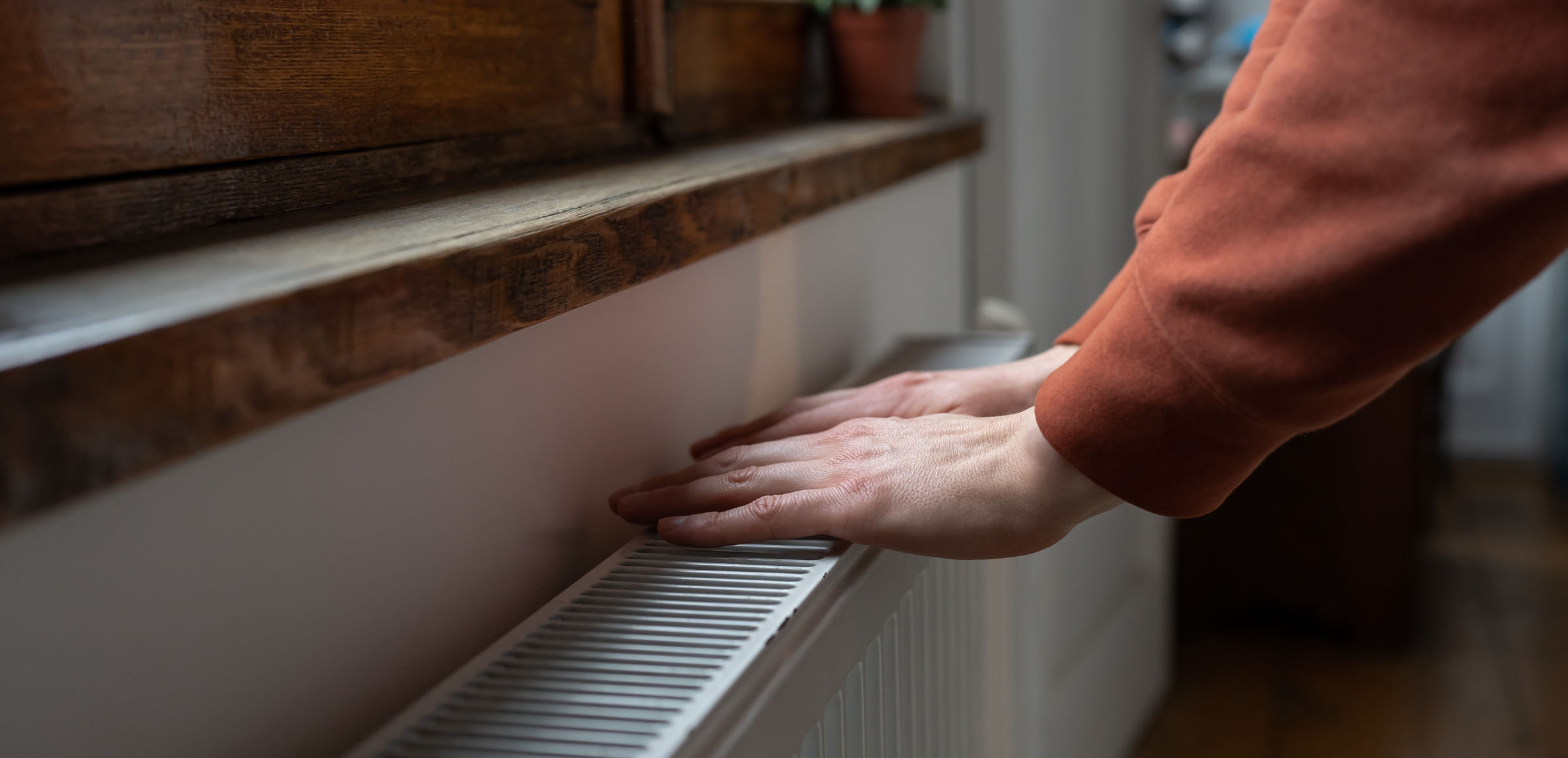
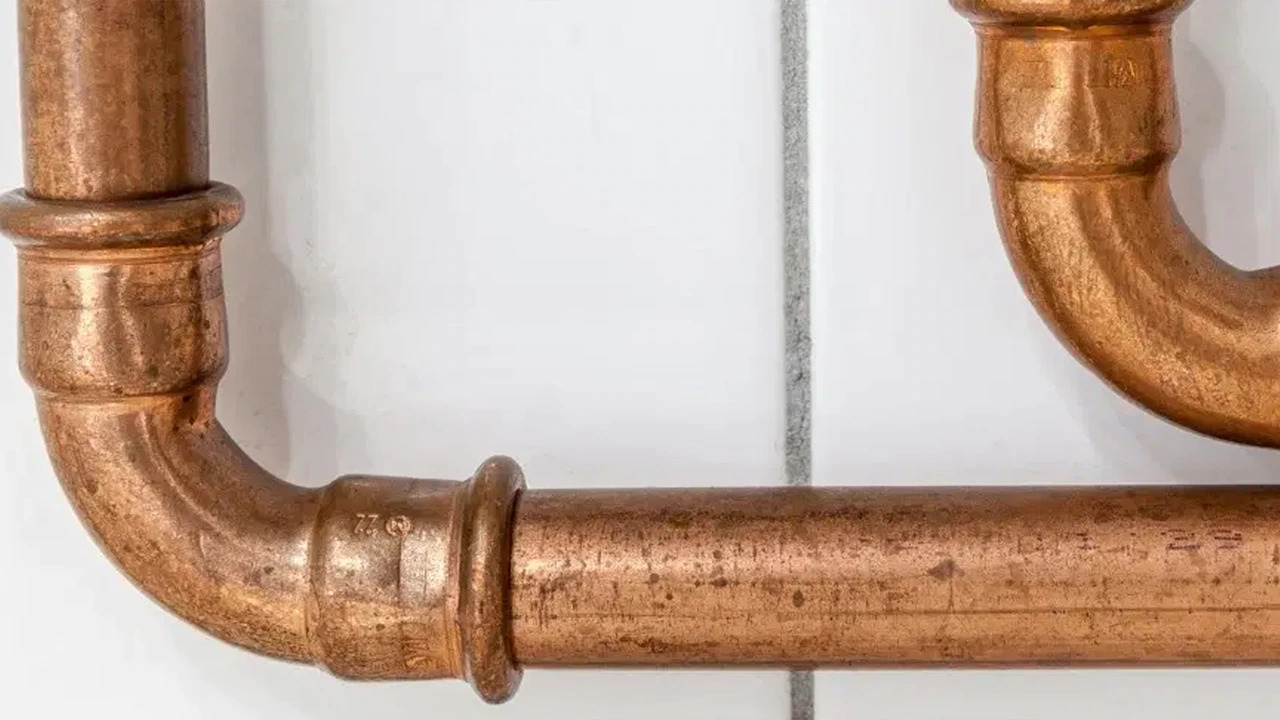
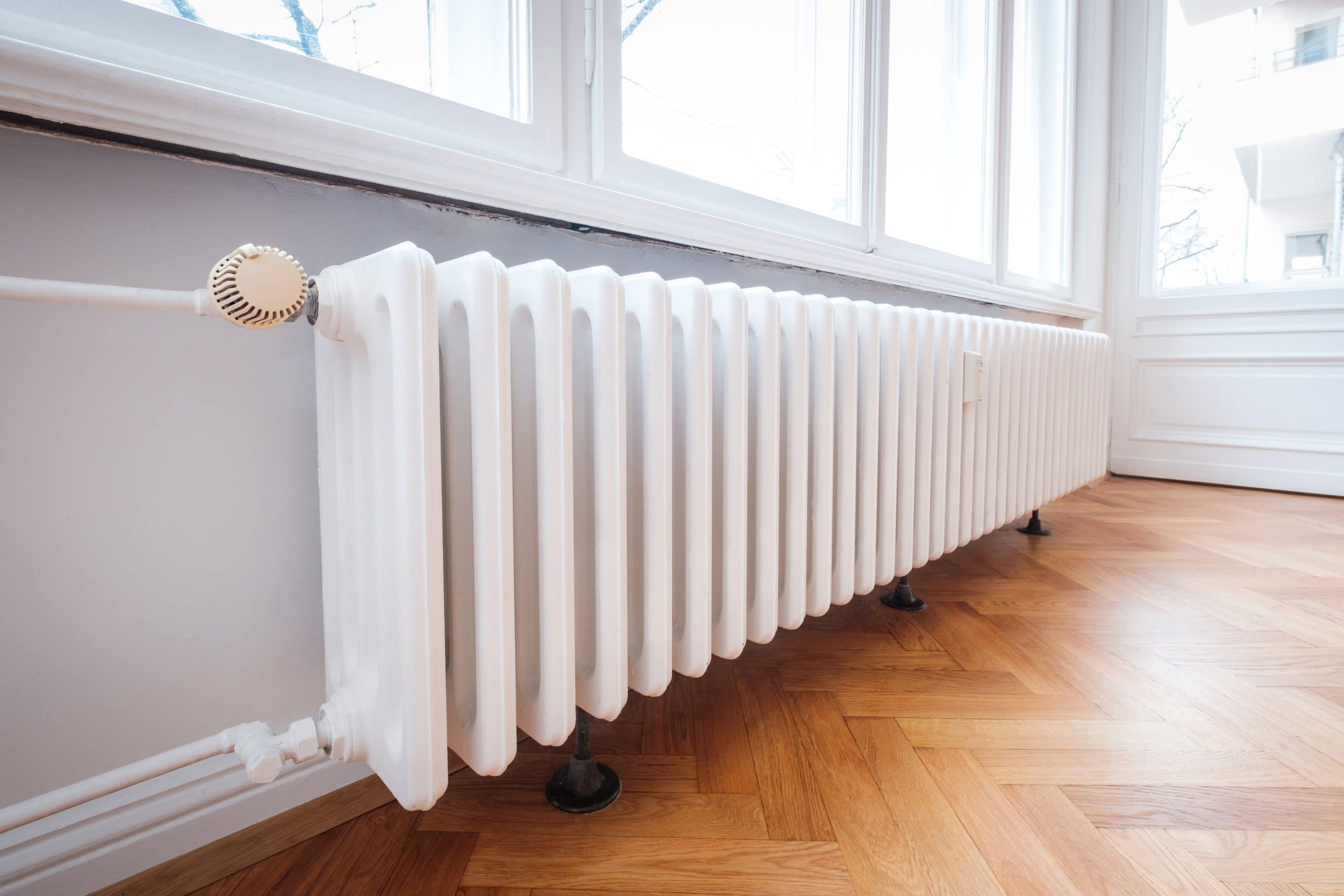
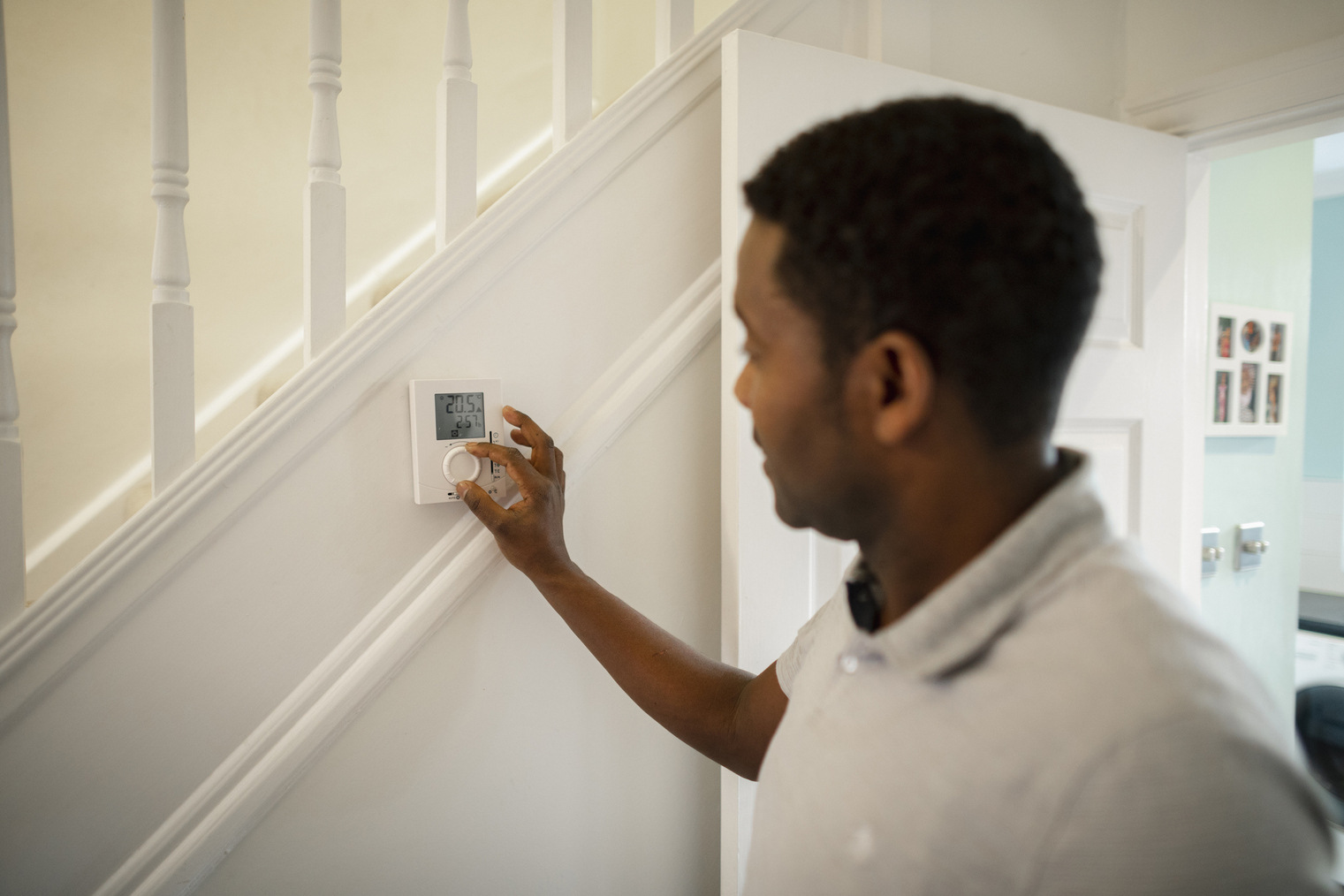
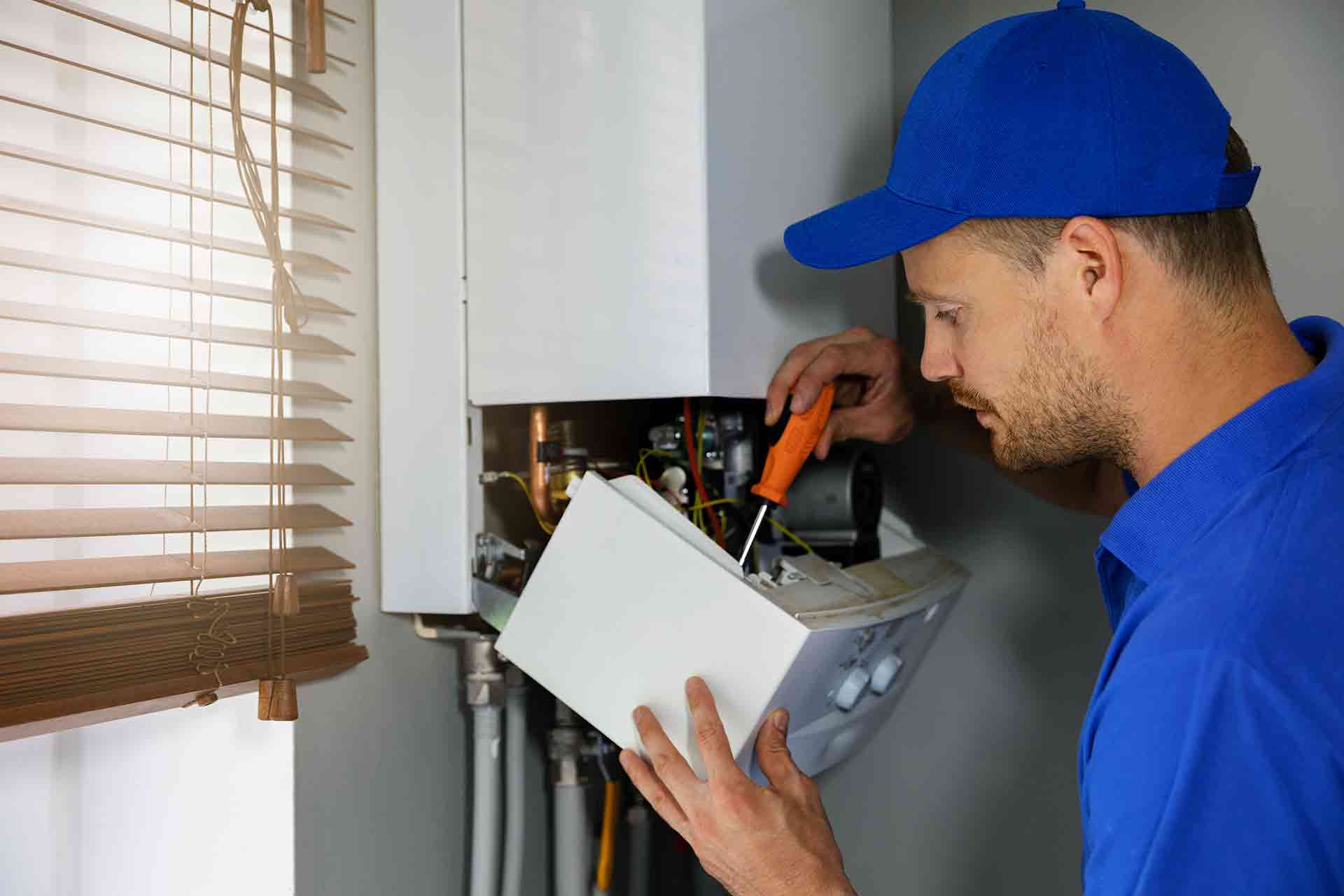
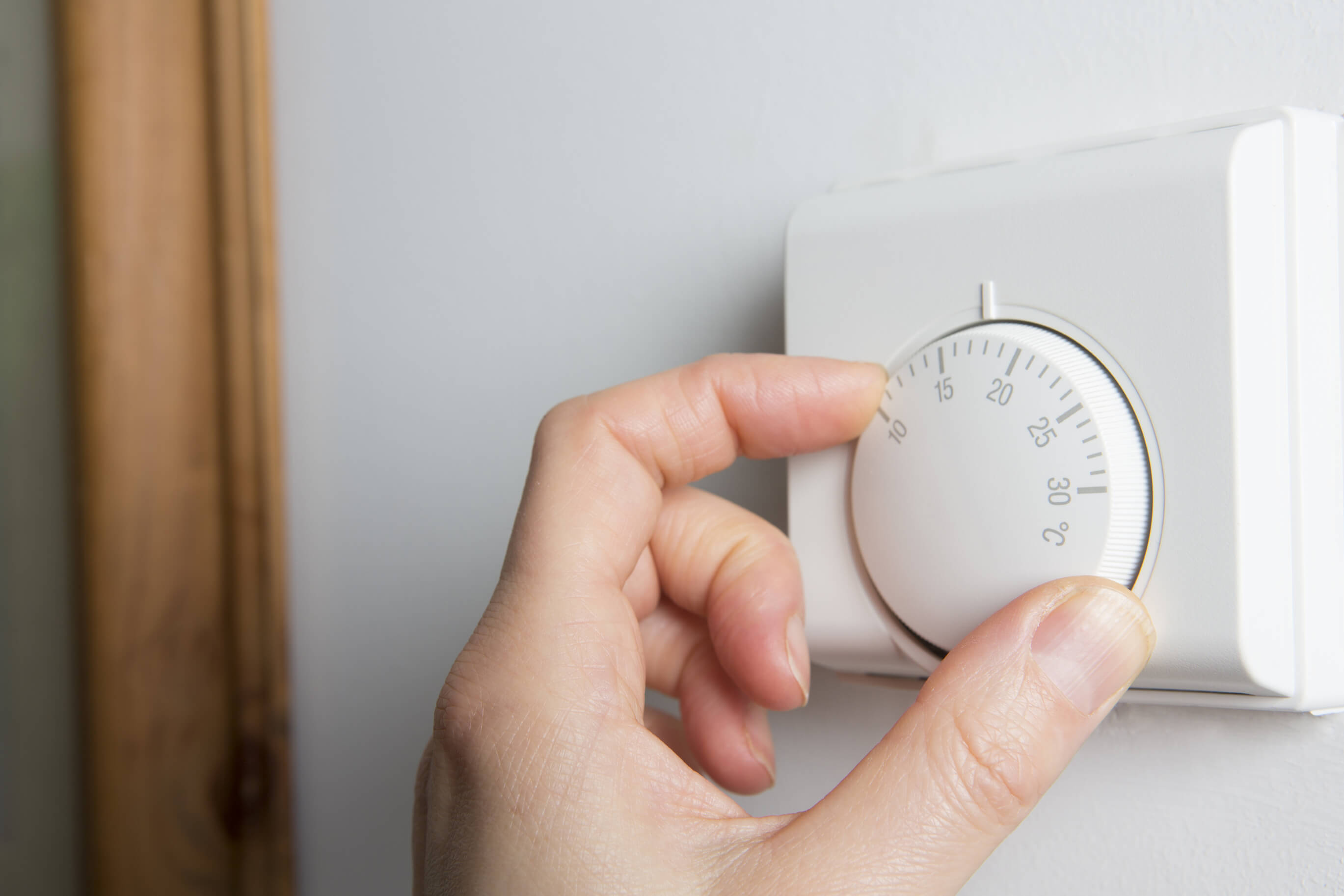

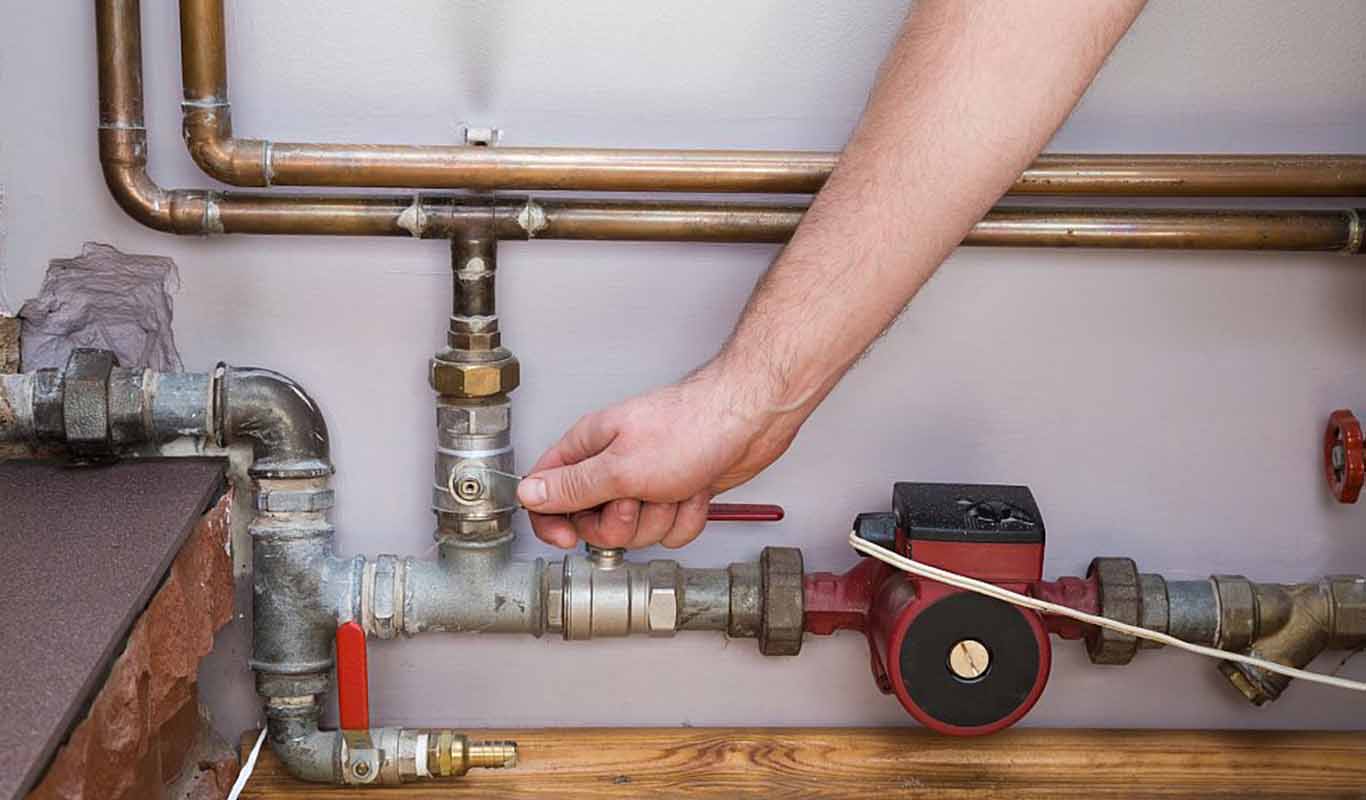
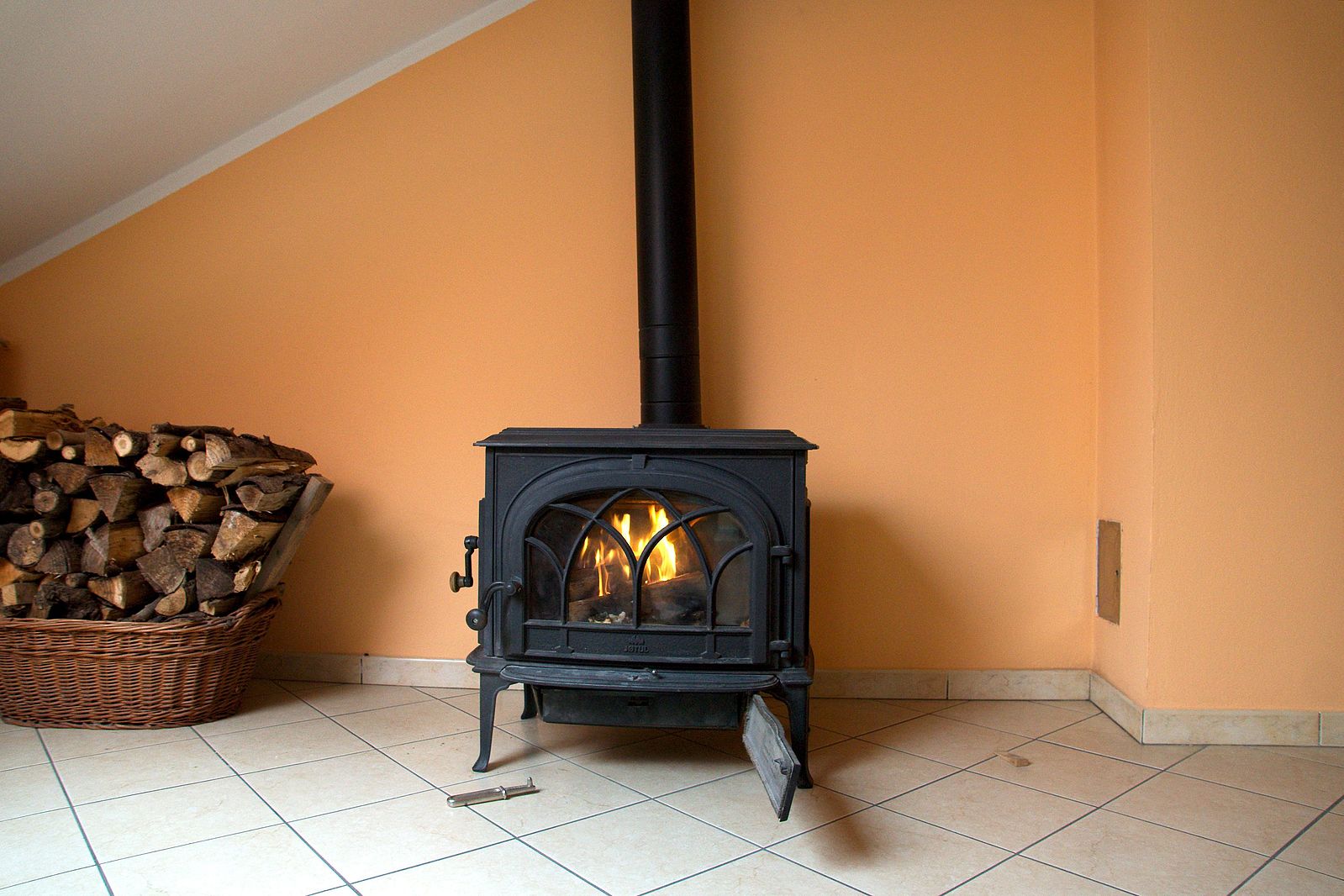
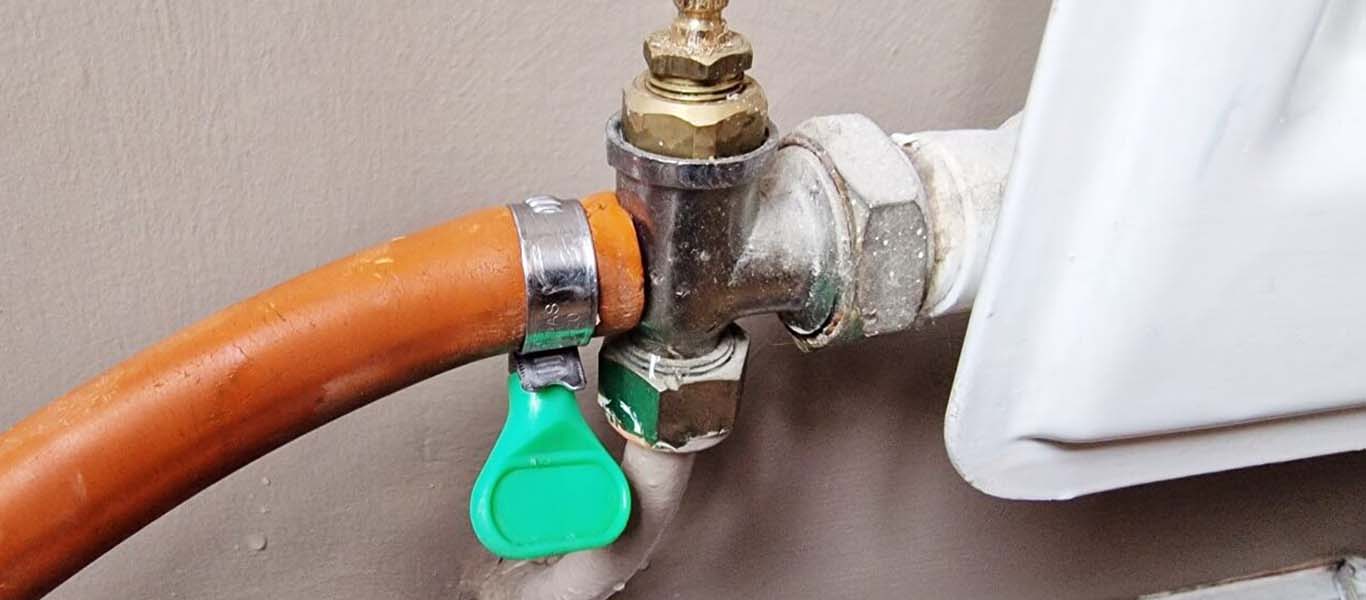
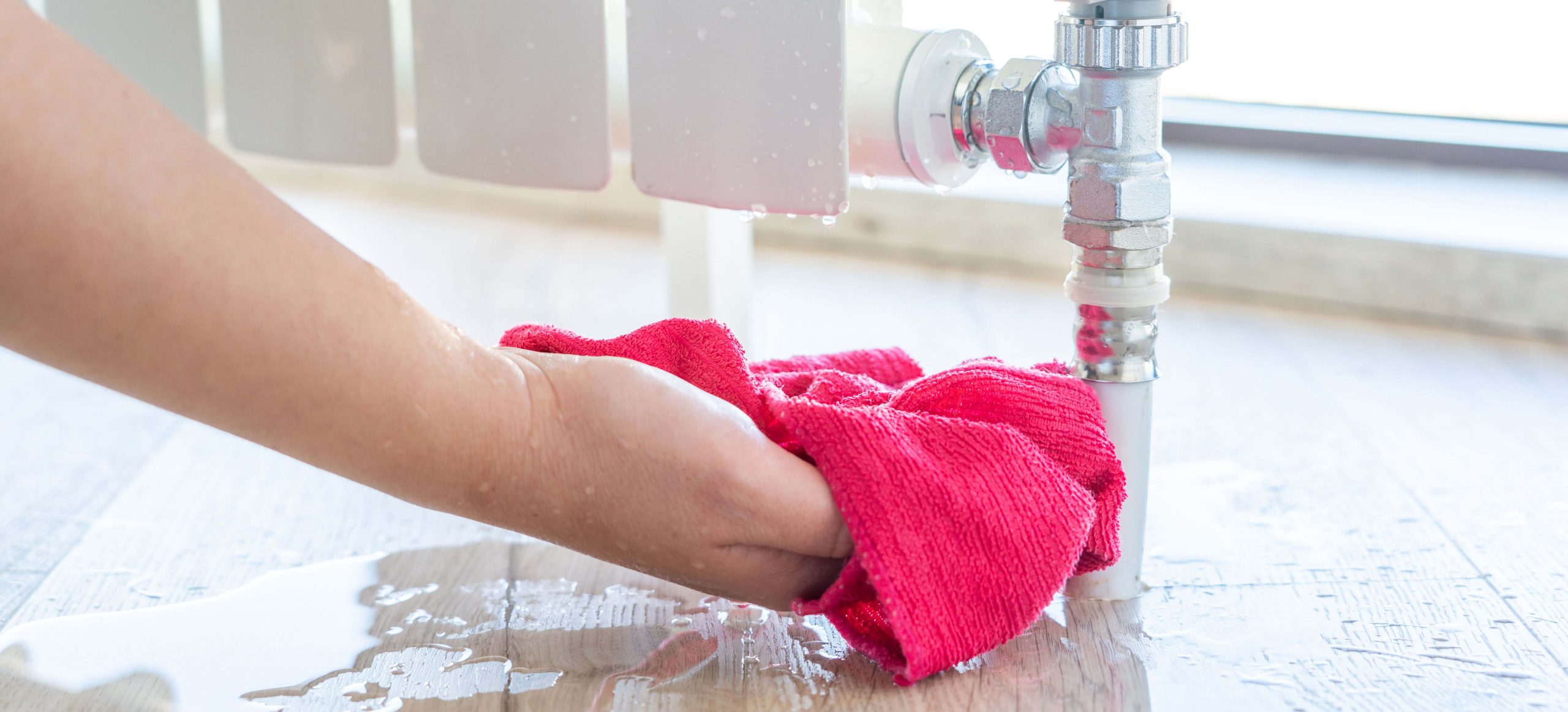

0 thoughts on “Why Is Central Heating Not Working”